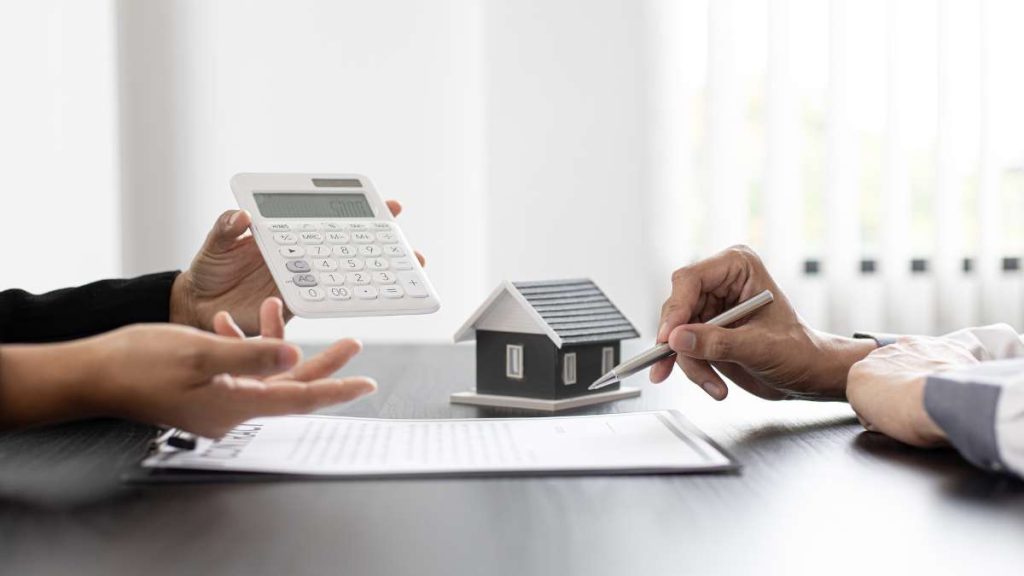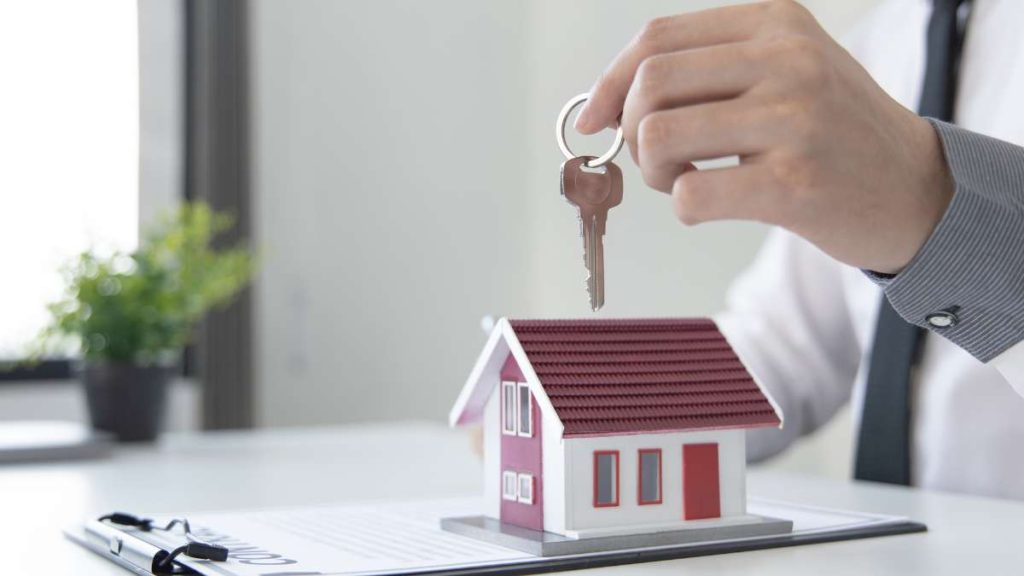Introduction
Overview of Property Liability Insurance
Property liability insurance protects property owners—both residential and commercial—against claims arising from injuries or property damage that occur on their property. This form of insurance is vital for anyone who owns property, whether it’s a homeowner or a business owner, because it helps mitigate the financial risks that can arise from accidents or incidents on the premises.
For instance, if someone slips and falls on icy steps outside a retail store or a guest trips over a loose tile in a homeowner’s kitchen, property liability insurance covers medical expenses and potential legal fees. Without this insurance, property owners could face devastating lawsuits and financial losses.
Importance of Liability Insurance
Property liability insurance offers peace of mind by protecting property owners from the unforeseen costs of lawsuits. Legal fees, settlements, and judgments can accumulate quickly, leaving the property owner financially vulnerable. Liability insurance plays a crucial role in safeguarding a business’s or homeowner’s financial security, ensuring they do not have to dip into their savings or business revenue to cover costs associated with lawsuits. In the competitive landscape of today’s economy, liability insurance is a critical part of risk management for property owners.
What is Property Liability Insurance?
Property liability insurance is a form of coverage that protects the policyholder from legal claims made by third parties due to injuries or property damage that occur on the policyholder’s premises. It can cover incidents ranging from someone falling on a property owner’s sidewalk to property damage resulting from construction work. This insurance protects against financial loss by covering legal expenses and any awarded compensation to the injured party, up to the limits of the policy.
Key Features
- Coverage for Bodily Injury: Property liability insurance covers medical bills and legal fees if a person is injured on your property. For example, if a visitor to your home or business sustains an injury, this coverage ensures that you are protected from having to pay medical bills or lawsuit settlements out of pocket.
- Coverage for Property Damage: In cases where someone’s property is damaged on your premises, such as a vehicle or personal item, property liability insurance helps cover the costs of repairs or replacements. This could be as simple as a damaged phone or as complex as a car that was damaged by construction debris.
Types of Property Liability Insurance

There are several types of property liability insurance policies designed to meet different needs. Understanding which type best fits your situation ensures you’re adequately protected:
- General Liability Insurance: Primarily for businesses, general liability insurance provides coverage for bodily injuries and property damage that occur on business premises. This type of policy is critical for business owners, as it covers a wide range of potential incidents, from customer injuries to damages caused by employees during operations.
- Personal Liability Insurance: This type of insurance is often included in homeowner’s or renter’s insurance policies. It protects individuals from legal claims if someone is injured on their property or if they unintentionally cause damage to another person’s property.
- Premises Liability Insurance: This coverage specifically focuses on incidents that happen on the insured property, such as slip-and-fall accidents. It is particularly important for business owners with physical locations that experience high foot traffic, like retail stores and restaurants.
- Umbrella Liability Insurance: Umbrella insurance provides additional liability coverage beyond the limits of other policies. For example, if a lawsuit exceeds the coverage provided by general liability insurance, an umbrella policy kicks in to cover the excess. This is especially beneficial for property owners with substantial assets or high liability risks.
Key Components of Property Liability Insurance
Policy Limits
The policy limit is the maximum amount that an insurance company will pay for a covered claim. Property owners can choose policy limits that align with the specific risks associated with their property. For instance, a commercial building that receives hundreds of visitors per day will need higher liability limits compared to a private home. Higher limits provide more comprehensive protection but may come with higher premiums.
Deductibles
A deductible is the amount the policyholder must pay out of pocket before the insurance coverage begins. Selecting the right deductible is a balancing act—while higher deductibles can lower the insurance premium, they also require the property owner to absorb more costs in the event of a claim.
Exclusions
Exclusions refer to specific risks that the insurance policy does not cover. Some policies exclude high-risk activities or particular incidents such as intentional damage or certain types of natural disasters. Property owners should carefully review their policies to understand what is excluded, so they can seek additional coverage if necessary.
How Does Property Liability Insurance Work?

Claim Process
If an accident occurs and the injured party files a claim, the property owner’s liability insurance will step in. The first step typically involves notifying the insurer, who will then investigate the claim. This includes gathering evidence, assessing the circumstances of the incident, and determining the level of responsibility. Once the investigation is complete, the insurer will handle legal defense, negotiate settlements, and cover any legal costs associated with the claim, up to the policy limits.
Legal Defense Coverage
Even if a property owner is not found liable, legal defense costs can be significant. Property liability insurance covers legal expenses, such as attorney fees, court costs, and settlements. This legal defense coverage is a critical component of the insurance policy, offering protection against the financial burden of a lawsuit, even when the property owner is not ultimately responsible.
Why Property Liability Insurance is Essential for Property Owners?
Protection from Lawsuits
Property owners are at risk of legal disputes arising from injuries or accidents that happen on their premises. Even a minor injury can lead to a lawsuit, and legal fees, settlement costs, and court judgments can be financially devastating. Property liability insurance helps cover these costs, preventing property owners from having to dip into their personal savings or business funds to settle legal disputes.
Financial Security
Without liability insurance, a single lawsuit could result in significant financial loss, potentially bankrupting a property owner or severely damaging a business. Liability insurance provides the financial security needed to handle unexpected incidents, ensuring that property owners are not left vulnerable to crippling legal expenses.
Compliance
In many cases, having liability insurance is required by mortgage lenders, landlords, or business contracts. For instance, many commercial lease agreements require tenants to carry liability insurance to protect the property owner from lawsuits that arise from business operations. Similarly, mortgage lenders often require homeowners to maintain liability insurance as a condition of the loan.
Factors Affecting Property Liability Insurance Premiums

Several factors influence the cost of property liability insurance premiums. Understanding these factors can help property owners manage their costs while ensuring adequate coverage:
Location of the Property
Properties in high-risk areas, such as regions prone to natural disasters or neighborhoods with higher crime rates, tend to have higher premiums. Similarly, properties with certain features, like swimming pools or trampolines, may be considered higher risk and result in higher insurance costs.
Type of Property
Commercial properties, particularly those with high foot traffic (e.g., retail stores, shopping malls), are viewed as higher risk compared to residential homes. The more people who visit a property, the higher the likelihood of an accident occurring, which results in increased premiums.
History of Claims
Properties with a history of frequent insurance claims, such as slip-and-fall incidents or other accidents, are viewed by insurers as higher risks. As a result, property owners who have filed multiple claims in the past may face higher premiums, as insurers factor in the likelihood of future claims.
How to Choose the Right Property Liability Insurance?
Assess Risk Factors
Property owners should start by assessing the specific risks associated with their property. For instance, commercial buildings with heavy foot traffic or businesses that involve hazardous materials may face higher risks and should consider higher policy limits. Understanding these risks allows property owners to choose coverage that adequately protects them from potential claims.
Compare Policies
It’s essential to compare policies from multiple insurers to ensure that you’re getting adequate coverage at a reasonable price. Some insurers may offer additional benefits, such as legal assistance or claims handling services, which could be valuable in the event of a lawsuit.

Consider Umbrella Policies
For property owners with high-risk properties or substantial assets, adding umbrella insurance can provide extra protection. Umbrella policies increase the liability limits of existing coverage, offering more comprehensive protection in the event of large claims that exceed the original policy limits.
Conclusion
Property liability insurance is an essential tool for protecting property owners from the financial risks associated with lawsuits and claims of injury or property damage. By covering legal defense costs, medical expenses, and compensation payments, this insurance provides critical protection for both residential and commercial property owners.
Final Advice
Property owners should carefully assess their individual needs and potential risks to determine the appropriate level of coverage. Whether through general liability insurance, premises liability insurance, or additional umbrella policies, ensuring that you have comprehensive liability protection is a smart financial decision that offers long-term security against unforeseen accidents or lawsuits.